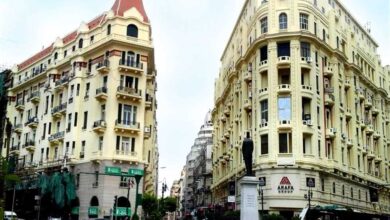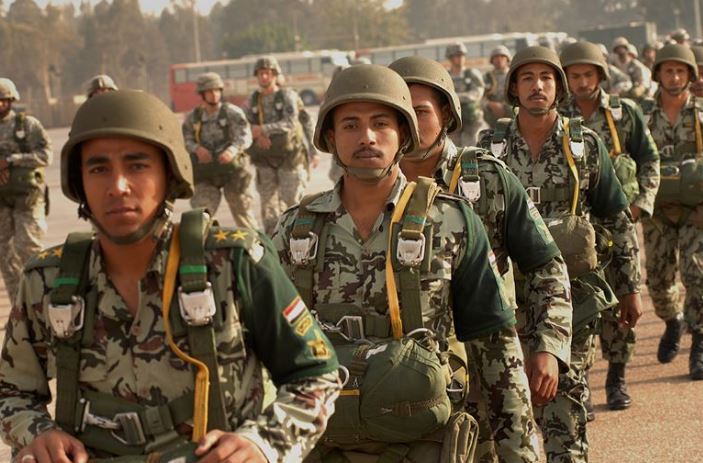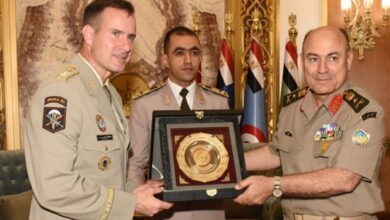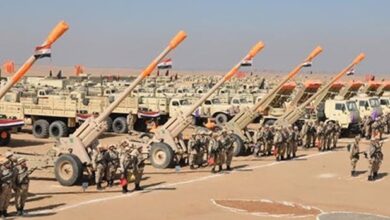After the army violently broke up a protest in Tahrir Square and another in front of the People’s Assembly building late Friday night, thousands of protesters returned to Tahrir on Saturday insisting on a change of government and condemning the army’s violence.
The army's use of excessive force shocked protesters, who have been chanting “The army and the people are one hand” for most of the last month. The incident has severely damaged the trust that had prevailed between the army and the people.
The 6th of April movement called for a sit-in in the square starting Saturday as a reaction to the violence, while other activists announced a protest starting Tuesday.
Khalid, along with dozens of protesters, pitched his tent this morning in the square after the army allegedly damaged it last night, vowing to stay until the remaining demands of the revolution are met. “We have a goal and nothing will stop us from reaching it.”
Khalid, who was in the square, said the army attacked protesters shortly after midnight, destroying tents and the memorial for the revolution’s martyrs. He adds that soldiers with covered faces attacked protesters with tasers and batons, hitting and insulting male and female protesters alike.
“What we saw was the epitome of humiliation, to be sitting there feeling safe knowing that the army is protecting us only to find them attacking us,” said Khalid. “We were not surprised when the Ministry of Interior treated us that way but we didn’t expect it from the army.”
Mona, a petite teenager who was also there last night, says an army officer electrocuted her with a taser, causing her to faint. She said that after she regained consciousness, army officers proceeded to hit her with batons and step on her while calling her names.
Salma Saeed, an activist who was also present, said that, after destroying their tents, a high-ranking army officer threatened the protesters that if they broke the curfew the next day, live ammunition will be used against them.
According to protesters who were in front of the people’s assembly building, the army forced them to go into Qasr al-Eini street before midnight where they were surrounded by a cordon. The army blocked the street to keep protesters from Tahrir Square from joining them.
Jihan Ibrahim, an activist who was trapped by the army in Qasr al-Eini street, said that minutes after an army officer asked the protesters to leave, the army started chasing them down the street, electrocuting and arresting people as they fled.
“I’ve been beaten by police in protests before, but to be attacked by the army was very scary,” says Ibrahim.
Since the army took charge after the resignation of former President Hosni Mubarak, it has enforced a curfew from midnight to 6 AM. Protesters, however, complain that breaking the curfew doesn’t justify the use of excessive force against them by the army. “If I’m breaking the curfew, then they should take me home. Why would they hit me?” asked Ibrahim.
The Supreme Council of the Armed Forces issued an apology on its official Facebook page today, saying it did not issue orders to attack protesters, calling the incident “unintentional” and promising to take all measures necessary to make sure it is not repeated.
Saeed said protesters are not satisfied by this and demand a formal apology on television. Saeed adds that protesters will test the sincerity of the promise by continuing to protest in the square.
“Instead of protecting the people, the army is protecting the remains of the old regime,” said Saeed, echoing people’s concerns regarding the army’s loyalty–which have been intensified by last night's incident.




